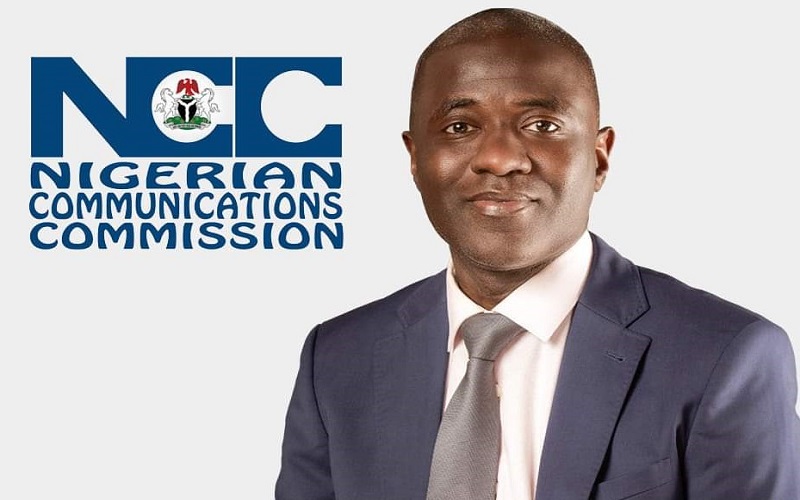NCC pledges to support the target of the Ministry of Communications, Innovation and Digital Economy to boost Nigeria’s broadband penetration rate to 70 per cent by the end of 2025.
As efforts are intensified at deepening broadband accessibility across the country, the Executive Vice Chairman/Chief Executive Officer of the Nigerian Communications Commission (NCC), Dr. Aminu Maina has said that the Commission’s focus in the next four years and beyond under the current administration aligns strictly with the vision for the digital economy, as envisioned in the Strategic Plan of the Minister of Communications, Innovation and Digital Economy, Dr. Bosun Tijani.
Recall that the Strategic Blueprint, unveiled in October 2023 has five pillars and prioritises deployment of broadband infrastructure and digital empowerment of 3 million Nigerian youths, among others. Specifically, one of the five pillars of the Strategic Blueprint focuses on broadband accessibility, availability and affordability.
But speaking during the 13th Annual Nigeria ICT Impact CEO Forum/Africa Digital Award held at the Oriental Hotel, Lagos over the weekend, Maida assured that the NCC under his leadership will support the target of the Ministry to boost Nigeria’s broadband penetration rate to 70 per cent by the end of 2025 in line with the NNBP 2020-2025, through the laying of 95,000 kilometres of fibre optic cables across the country.
“In the same vein, and in line with the vision of the Ministry, we are targeting the provision of coverage of, at least, 80 per cent of the country’s population, especially the underserved and unserved populations by the end of 2027; we also intend to secure between 300-500 per cent increase in broadband investment by the end of 2027; while we work to reduce the gap of unconnected Nigerians in rural areas from 61 per cent to less than 20 per cent by 2027.
“Other key targets in the Strategic Plan of the Ministry, which has adopted a clear-cut strategy to transform Nigeria’s digital economy sector and which the NCC is committed to, include the plan to deliver data download speed of 25Mbps in urban areas and 10Mbps in rural areas by the end of 2025; achieve a 50 per cent improvement in quality of service (QoS) by 2024; 22 per cent increase in net GDP contribution by digital economy by 2027, as well as an increase in investment into Nigeria’s telecommunications sector by 15 per recent year-on-year,” Maida, said.
Speaking on the theme: “Broadband Availability and Potentials of Data Revolution,” the NCC boss further disclosed that the Ministerial blueprint also targets 70 per cent digital literacy by 2027; a capital increase raised by Nigerian tech startups by 50 per cent year-on-year from $1 billion/year in 2022 to $5 billion/year in 2027; and achieving 25 per cent domiciliation of local technology startups by 2027.
Other expectations according to him, are to accomplish for Nigeria, 60 per cent government data digitization by the end of 2026; the creation of 50,000 Artificial Intelligence (AI) industry jobs by 2026 while also ensuring the accomplishment of 22 per cent net GDP contribution by 2027, among others.
Maida reiterated the commitment of the Commission to supporting the strategic blueprint of the Commission’s supervising Ministry and the Renewed Hope Agenda of the current administration by stimulating stronger broadband infrastructure that extends beyond connecting people but also focuses on economic empowerment and creating opportunities for inclusion.
“The current administration expects that with improved access to quality and affordable broadband, and upgraded critical services, we would be able to work collaboratively to catalyze a digital transformation that impacts our entire population.
“To achieve this potential, the NCC will continue to ensure diligent implementation of our broadband strategy to ensure that everybody is carried along. As a Commission, we will also ensure effective management of our spectrum resources as pathways for the growth of new and emerging technologies, improvement of businesses and seamless access to government services,” he said.
Maida called on all necessary stakeholders to join hands with the Commission as it discharges its regulatory mandate towards building robust and resilient broadband infrastructure that supports the potential of the growing data revolution to drive Nigeria’s collective prosperity.

